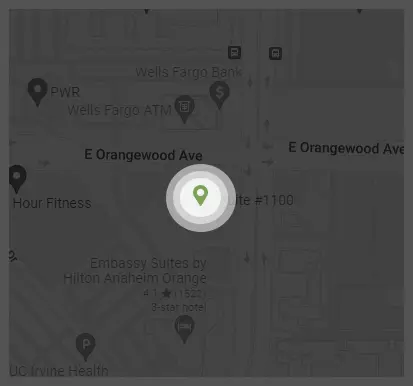What Are the Parental Rights of an Unmarried Mother?
While many people understand the parental rights of lawfully wedded parents, far fewer understand the rights of unmarried parents.
In California, establishing the parental rights of unmarried mothers is straightforward. In our state, a birth certificate with the mother’s name on it is considered conclusive presumptive evidence as to the mother’s identity and parental rights.
When a child is born to a mother in California, she is automatically granted both legal and physical custody of the child. However, in child custody cases where there are allegations that the mother is an unfit parent, the mother may risk losing full custody of her child.
What Are the Rights of an Unmarried Father?
When a child is born into a California marriage, the husband is presumed to be the child’s father. However, this does not always apply to unmarried fathers.
In California, an unmarried father who has not yet established paternity for their child has no legal custody or visitation rights. Even if their name appears on the child’s birth certificate, they must still establish legal paternity to get parental rights for child custody or visitation. After paternity has been established, the unmarried father would have the right to legal and physical custody. Depending on the circumstances, an unmarried father with established paternity may also be responsible for child support obligations.
Unmarried fathers can establish paternity via the following methods:
- ·Voluntary declaration of paternity. This is the easiest way for unmarried fathers to establish parentage. For the declaration to be considered legally valid, it must be notarized and signed at the local Child Support Agency, welfare office, register of birth office, or Superior Court.
- Court-ordered paternity test. If an unmarried father and mother disagree about paternity, a court may order a DNA test to establish who the child’s father is. This genetic test will be administered by collecting various DNA samples from the father, which are then compared with the child sample.
- Action by the local child support agencies (LCSA). An unmarried father can contact the nearest LCSA office and ask for a parentage and support case to be opened. The LCSA may consider the father’s request and take action to establish parentage by ordering a DNA test.
What if the Mother Doesn’t Want the Father’s Name on the Child’s Birth Certificate?
A mother may wish to keep the supposed father off of the birth certificate of their child due to concerns about paternity or because child custody is a legal matter that is being contested. If this were to occur, the unmarried father would need to pursue legal action and court proceedings.
This can be a complex and emotionally difficult legal process. You should not undertake this method of establishing paternity without the legal guidance of an experienced family law lawyer. Our law firm would be proud to lend legal assistance to you during this difficult time establishing your parental rights.
What is the Importance of Establishing Paternity?
There are several benefits to establishing paternity, including serving the best interests of you, the child, and the mother.
For an unmarried father, it is in his best interest to establish paternity so he can continue to forge a bond with his child today and into the future.
For the child, there are several benefits as well. Children may have the right to benefit from health insurance and other benefits programs, like Social Security or Veteran’s benefits. Additionally, they would have the right to inherit from the estate of their other parent. Also, after paternity has been established, both parents have a financial obligation to support their child, so the child would benefit from child support payments. Finally, it should be noted that children benefit from being raised by two parental figures and tend to struggle when they are raised by a single solitary individual.
Even the mother can benefit from establishing paternity. The mother would benefit from child support payments made by the other parent, would be allowed to take regular breaks from parenting responsibilities, and may benefit from sharing the legal decision-making responsibilities.
Could a Child’s Age Impact Custody Arrangements?
Very young children may need to be in the company of their mother more often than not, especially if they are still breastfeeding. In custody cases with very young children, while the courts may want to help forge a relationship between father and child, they will be reluctant to take the child away from its mother while it is still being weaned.
How Can Parenting Time Influence Child Custody Arrangements?
When making decisions related to child custody arrangements, family law judges may consider the current distribution of parenting time or visitation rights. If the father has had relatively little contact with their child up until this point, it may be necessary for the courts to help the father establish a relationship with their child. This may occur when a father did not have parental rights previously or was unaware of their parental rights.
Do Unmarried Parents Have Child Support Obligations?
If unmarried parents are no longer living together or have broken off their romantic relationship, it may be necessary to create a formal child support arrangement.
In most cases, the parent with less time with the child is responsible for providing a certain level of child support to the other parent. Child support, like child custody arrangements, is established by a family law judge in accordance with what is deemed to be in the best interests of the child.
Contact Us to Schedule an In-Depth Case Evaluation Today
To protect your parental rights as an unmarried parent, it is often necessary to retain professional legal counsel from an experienced family law attorney. Our law firm would be proud to lend legal guidance to you as you seek to establish paternity, fight for fair child support, and negotiate a child custody arrangement.
Contact us to schedule your in-depth, no-obligation case evaluation with our legal team today. You may reach us at 714-701-6356.








